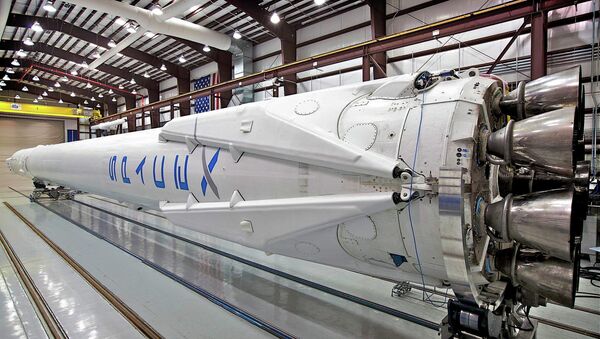Tuesday's attempt was postponed due to dangerously high winds. A previous attempt on Sunday to launch the Deep Space Climate Observatory for NASA, the National Oceanic and Atmospheric Administration, and the Air Force was also scrapped — in that instance due to last-minute radar trouble. Rain on Monday pushed the launch another day.
SpaceX CEO Elon Musk tweeted earlier Tuesday that high winds were putting the mission in jeopardy.
— Elon Musk (@elonmusk) February 10, 2015
The observatory, named DSCOVR, will reach a point one million miles from earth to watch for geomagnetic storms that could lead to power outages on Earth. The data could give experts as much as a one-hour lead time to prepare for disruptive solar activity.
The mission has a second purpose for SpaceX: the company will try again to land its Falcon9 rocket booster safely on to a platform resting in the ocean off the Florida coast, in its ongoing attempt to develop reusable rocket technology.
Last month's attempt came close, but as Musk tweeted, "no cigar." The rocket's fiery crash-landing was still counted a partial success by Musk's team, and officials say Tuesday's chances of success remained no better than 50%.
— SpaceX (@SpaceX) January 16, 2015


